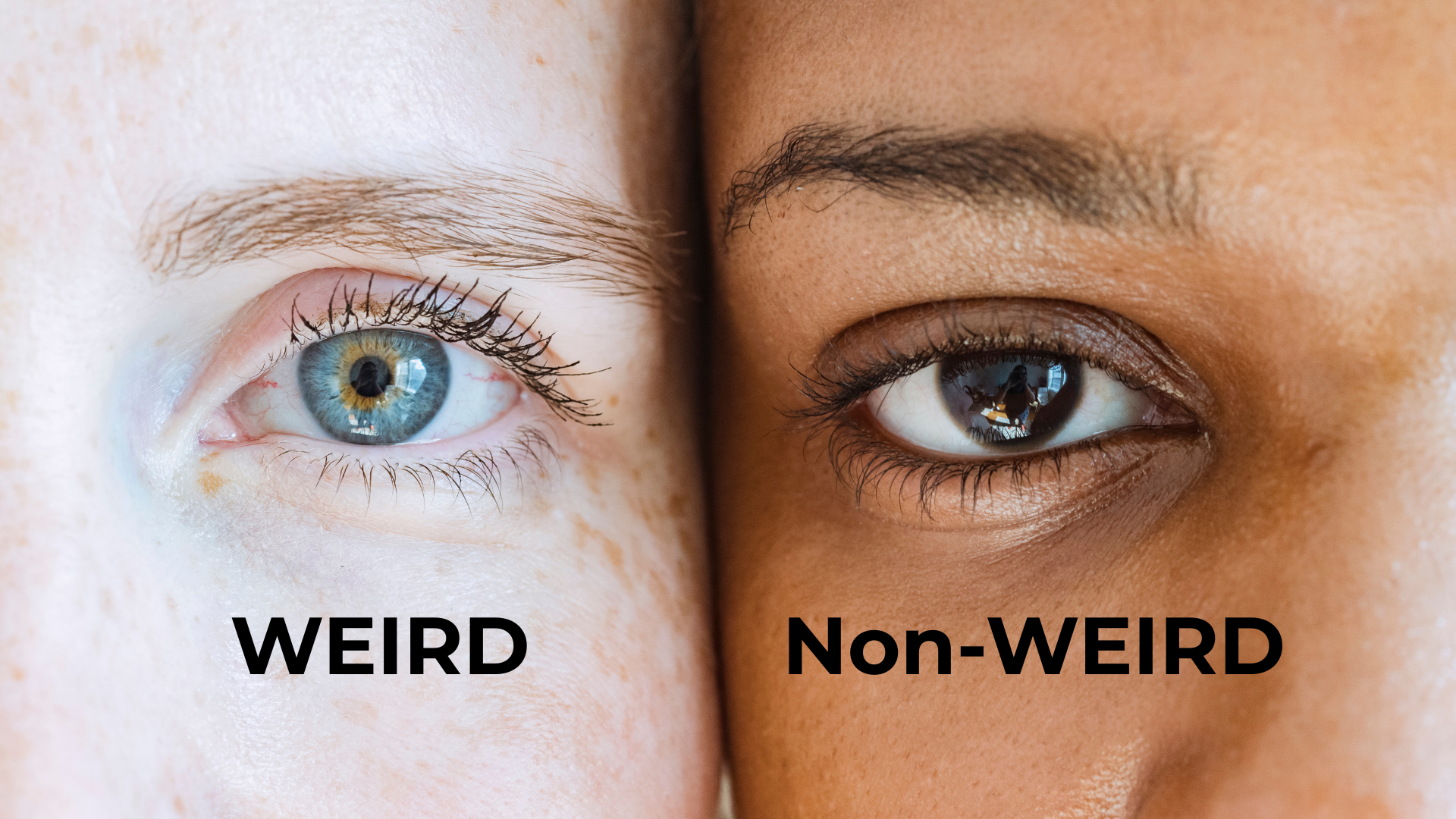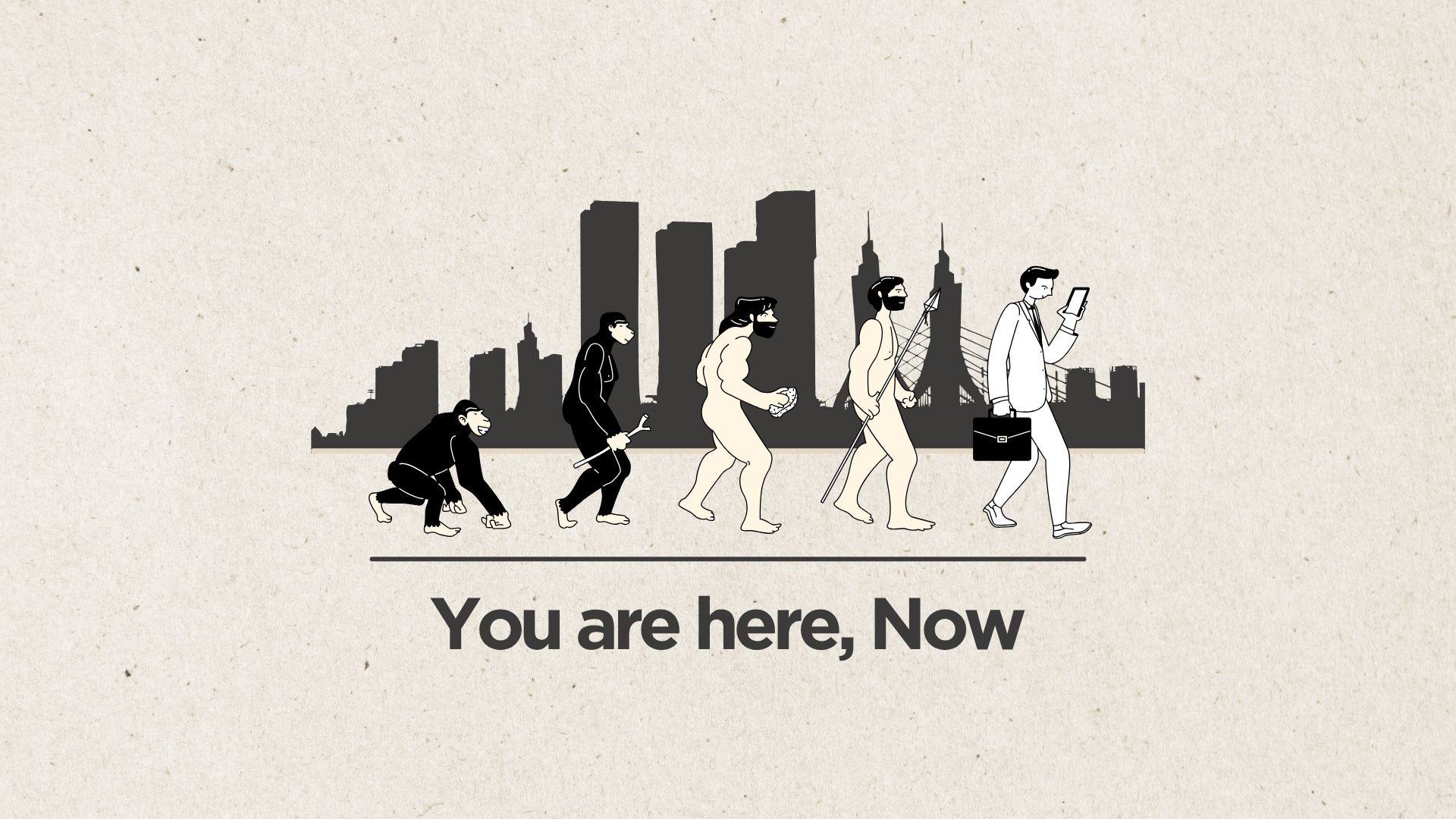Imagine the scene: Sunlight streams through the library window, illuminating rows of students hunched over books. Among them, Maya, once a star, her name consistently etched at the top of the leaderboard. Now, her gaze drifts from the textbook, landing on a blank page, mirroring the emptiness that seems to have taken root within her. Her once vibrant laughter has faded into a ghost, replaced by a quiet withdrawal that hangs heavy in the air. The sleep that once came easily now eludes her, replaced by restless nights punctuated by the echo of anxieties she can't quite name. The once lively chatter in her head now roars with negativity, drowning out the whispers of reason.
Maya's story is not uncommon. It's a whisper in the halls of academia, a quiet storm brewing beneath the surface of seemingly perfect lives. It's a stark reminder that the battles of mental health can unfold in the most unexpected corners, leaving unseen scars on lives that seemingly have it all.
Like Maya, millions around the globe battle invisible storms within, their struggles masked by smiles and polite conversation. Yet, amidst the silence, a beacon of hope flickers: the growing movement of mental health awareness.
Now, I hear you ask, "Why awareness? Isn't mental health just...well, mental?"
Ah, but therein lies the crux of the matter. Our minds are not separate entities, floating ethereal amidst our bones. They are the conductors of our orchestra, orchestrating every beat of our existence. From the way we perceive the world to how we navigate life's turbulent waters, mental health holds the reins. Neglect it, and the symphony falters, the melodies of joy replaced by discordant notes of anxiety, depression, and loneliness.
Just as we wouldn't ignore a fever or a broken bone, we cannot afford to turn a blind eye to the cries of our minds. But navigating the mental health landscape can be daunting. Terms like "depression," "anxiety," and "trauma" float about, often misused and misunderstood, fueling stigma and fear. This is where mental health awareness becomes our guiding light.
Think of it this way: Imagine a world where mental health is spoken of as openly as physical health. A world where anxiety isn't a shameful secret, but a common experience addressed with empathy and understanding. A world where trauma isn't a badge of dishonour, but a testament to resilience. This, my friends, is the world we are striving for, a world where mental health awareness shines like a beacon, illuminating the path to healing and hope.
But how do we, as individuals, contribute to this noble endeavour?
Let's delve into the toolbox of awareness, exploring how each of us can become architects of change:
1. Education is the Foundation: Knowledge is power, and nowhere is this truer than in the realm of mental health. Educate yourself – read, research, and engage in open conversations. Understand why mental health matters, the causes of mental illness, their signs and symptoms, the common misconceptions about mental health, and the diverse range of treatment options available. Remember, knowledge dispels fear, and fear feeds stigma.
2. Language Matters: Words have power, and how we use them shapes our perceptions. Ditch the harsh labels and hurtful stereotypes. Opt for empathy and understanding. Instead of saying "crazy", consider "experiencing anxiety", or instead of "schizophrenic", say "living with schizophrenia". Words matter, and our choice can build bridges or walls.
3. Open the Dialogue: Start conversations, break the silence. Ask your loved ones how they're doing, truly listen without judgement, and offer support when needed. Share your own experiences, however small, for vulnerability fosters connection and erodes the sense of isolation. Remember, you never know who might be silently struggling, and your voice could be the lifeline they need.
4. Champion the Cause: Advocate for mental health awareness in your community, workplace, and online spaces. Support organizations working in this field, share informative content, and challenge discriminatory policies. Be the voice for those who feel unheard, and remember, together, our voices become a chorus for change.
5. Prioritize Your Own Well-being: Remember, awareness starts with us. Practice self-care, prioritize your mental health, and seek help when needed. There's no shame in reaching out for a hand to hold, and psychotherapy is not a mark of weakness, but a testament to your strength and commitment to your well-being.
The journey towards mental health awareness is not a sprint, but a marathon. There will be stumbles, setbacks, and moments of doubt. But with each step we take, with each conversation we start, and with each stigma we challenge, we inch closer to a world where mind matters, and mental health finds its rightful place at the forefront of our collective consciousness.
This, my friends, is not just a movement; it's a revolution. A revolution where whispers become shouts, where shadows dissipate under the light of understanding, and where minds, once burdened by stigma, soar free on the wings of acceptance and support.
Let us be the generation that not only speaks of mental health, but embraces it, nurtures it, and celebrates it. For in doing so, we not only heal ourselves, but we build a world where minds, like Maya's, can find solace in the symphony of a healthy mind. But building this world, where minds like Maya's can find not just solace, but joy, freedom, and fulfillment, requires more than just awareness. It necessitates action, a commitment to change that extends beyond conversations and hashtags.
From Awareness to Action: Building Bridges of Support
Let's not deceive ourselves with the illusion that awareness alone will dismantle the systemic barriers that hinder mental health well-being. We must move beyond platitudes and translate our newfound understanding into tangible action. Here's how:
1. Advocate for Policy Change: Stigma often finds its roots in discriminatory policies and inadequate access to mental healthcare. Lobby for increased funding for mental health services, advocate for parity between mental and physical healthcare coverage, and push for legislation that protects the rights of people living with mental health conditions. Remember, policy changes have the power to reshape societal landscapes, and our voices, when raised in unison, can be the architects of a more equitable future.
2. Destigmatize the Workplace: Workplaces have the potential to be breeding grounds for stress, anxiety, and burnout. Champion for mental health initiatives within your organization, encourage open conversations about mental well-being, and challenge discriminatory practices. Create a culture where seeking help is not seen as weakness, but as a sign of strength and self-awareness. Remember, healthy workplaces foster healthy minds, and healthy minds are the engines of innovation and productivity.
3. Empower Communities: Mental health challenges often disproportionately affect certain communities, marginalized by factors like race, social class, and sexual orientation. Reach out to these communities, offer culturally competent support systems, and amplify their voices in the larger conversation. Remember, inclusivity is not just a buzzword; it's the lifeblood of progress. We cannot truly achieve mental health awareness until everyone, regardless of background, has access to the support they need.
4. Embrace Technology: Technology, often villainized as a contributor to mental health concerns, can also be a powerful tool for positive change. Explore online therapy platforms, mental health apps, and support groups to expand access to care and build virtual communities of support. Remember, technology can bridge geographic and social barriers, offering a lifeline to those in remote areas or facing social stigma.
5. Invest in Early Intervention: Mental health is not a singular event, but a journey shaped by experiences throughout life. Prioritize early intervention programs in schools and communities and equip educators and healthcare professionals with the tools to identify and address mental health concerns early on. Remember, early intervention can not only prevent the escalation of challenges, but also empower individuals to build resilience and navigate life's complexities with greater ease.
These are not just suggestions; they are stepping stones on the path towards a world where mental health awareness transcends its mere definition and becomes an integral part of our collective responsibility. It's a world where Maya's silent struggle finds not just recognition, but action, a world where the symphony of her mind resounds with the harmony of acceptance, support, and hope.
A Ray of Hope: Unifying the Narrative on Mental Health Awareness
The fight for mental health awareness is not a battle confined to individual actions or isolated communities. It's a grand symphony, where every instrument, every voice, every act of courage comes together to create a powerful narrative of change. We are the musicians, the composers, the conductors of this symphony, and our responsibility is to ensure that every note resonates with empathy, understanding, and unwavering commitment.
Let us weave the threads of knowledge, compassion, and action into a tapestry of well-being. Let us dismantle the walls of stigma brick by brick, and replace them with bridges of support. Let us amplify the voices of those silenced by fear, and celebrate the triumph of resilience over adversity.
This is not just a fight for mental health; it's a fight for humanity. It's a fight for a world where minds, like Maya's, are not burdened by silence and shame, but are free to sing their own unique melodies, contributing to the beautiful and chaotic harmony of life. So, let us raise our voices, join the chorus, and together, orchestrate a revolution of minds, a symphony of hope, where mental health thrives in the spotlight, no longer confined to the shadows of neglect and misunderstanding.
Remember, the change starts with you, with me, with every single one of us. Let's pick up our instruments, tune our hearts, and together, compose a symphony of well-being that resonates for generations to come.
Remember, mind matters. And together, we can make it matter more.













Discussion